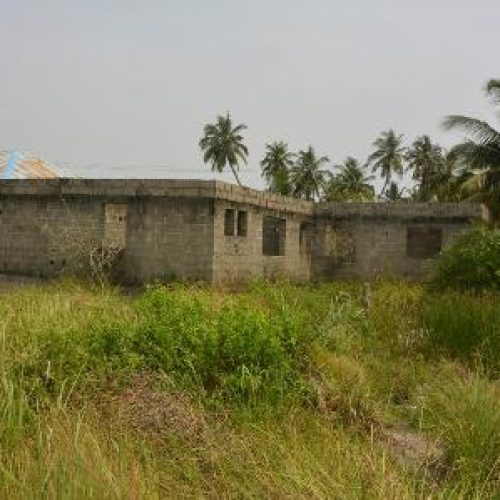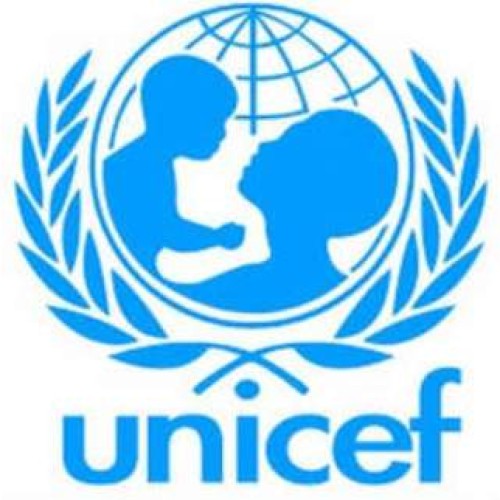Lassa Fever: Lagos advocates personal, environmental hygiene as control measures
The Lagos State Government has again reiterated the need for members of the public to ensure and maintain adequate personal hygiene and environmental sanitation at all times as part of prevention and control measures against the spread of the Lassa Fever disease in the State
In a statement signed by the Commissioner for Health, Dr. Jide Idris, the government noted that that the prevention and control of the disease remains a shared responsibility of all citizens through observance of the highest possible standards of personal and community hygiene as well as environmental sanitation.
Idris enjoined residents to store house-hold refuse in sanitary refuse bags or dust bins with tight-fitting covers to avoid infestation by rats and rodents; dispose refuse properly at designated dump sites and not into the drainage system and store food items in rodent-proof containers adding that it is by so doing that a habitable and conducive environment, and a disease-free State can be achieved.
“Members of the public are further advised to avoid contact with rats, to always cover their food and water properly, cook all their food thoroughly, as well as block all holes in the septic tanks and holes through which rats can enter the house and clear rat hideouts within the premises”, he said.
While outlining strategies put in place by the State government to control the disease, the Commissioner explained that the Lagos State is maintaining relevant surveillance activities through its disease surveillance unit to prevent the spread of the disease in Lagos.
“Isolation wards have been prepared to manage suspected and confirmed cases, health workers have been placed on red alert and community sensitization activities intensified, Idris noted.
Idris explained that Lassa fever is an acute viral infection caused by the Lassa virus that is associated with symptoms such as persistent high fever, general weakness of the body, malaise headache, sore throat, nausea, diarrhea, and vomiting.
He added that the disease can progress into a severe form in which case the patient develops facial swelling, fluid in the chest, bleeding from the mouth, nose, and the gut; low blood pressure, shock, disorientation, coma and kidney and liver failure.
The Commissioner advised health workers, both in the public and private hospitals in the State to ensure that they observe universal safety precautions and comply with infection prevention and control measures when dealing with patients, stressing that appropriate personal protective equipment like hand gloves, facemasks, goggles and overalls must be worn when attending to cases.
He added that safety boxes should be used for collection of used needles and syringes and general medical waste must be properly sorted out in colour-coded bags and disposed in line with international standards.
“Hands must be washed often with soap and running water or application of hand sanitizers after each contact with patients or contaminated materials and instruments must be autoclaved. Also hospital mattresses must be covered with plastic sheets to prevent contamination. The plastic sheets must be large enough to cover the entire mattress, be waterproof, and be thoroughly disinfected after discharge of patients”, Idris added.
The Commissioner also enjoined residents to report suspected case or cases of the disease to the nearest government approved health facility or the Ministry of Health.
He stated that a case of Lassa Fever should be suspected in any person with persistent high fever not responding to standard treatment for malaria and typhoid fever or bleeding from body orifices and such cases should be reported to the nearest health facility.
About author
You might also like
Psychiatric unit staff emerges 2018 LUTH best staff, receives N.25m
Mrs Lateef Ibijoke (3rd from right) receiving her special recognition award As part of efforts to encourage its staff, the board of the Lagos University Teaching Hospital, LUTH, Idi Araba,
Reptiles take over abandoned Lagos riverine PHC
Communities demand urgent attention The hope of getting an efficient Primary Health Care (PHC), for Irede and Ikaare riverine communities in Amuwo Odofin was raised when a PHC was midwifed
UN suspends humanitarian assistance in Nigeria’s North East
The United Nations International Children’s Fund (UNICEF) has suspended its humanitarian assistance mission in the North East following a bloody attack on humanitarian convoy by the Boko Haram insurgents, which







0 Comments
No Comments Yet!
You can be first to comment this post!